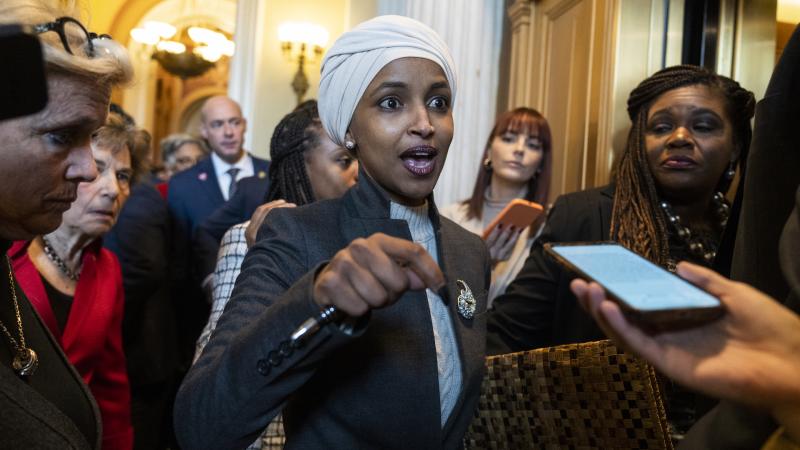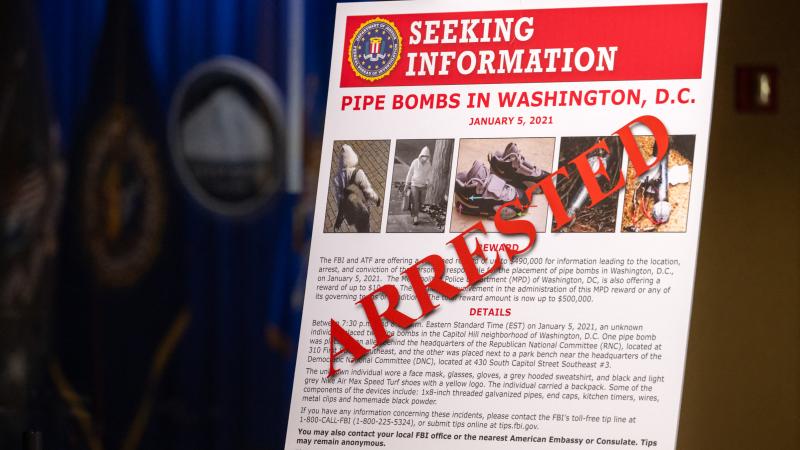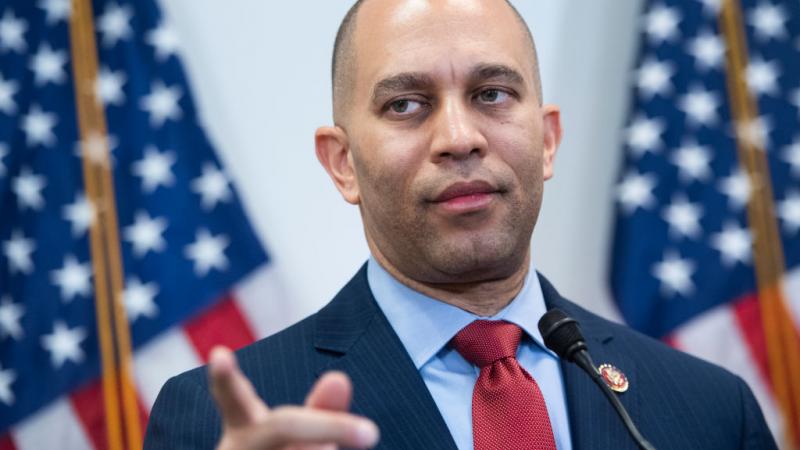Third coronavirus vaccine reaches final stage of U.S. testing
The science being used to produce AstraZeneca's vaccine varies slightly from the method Moderna and Pfizer are employing in their Phase 3 vaccine trials.
Pharmaceutical company AstraZeneca says its vaccine candidate had entered the final U.S. testing stage of its development.
The England-based company announced Monday that it will conduct a study of 30,000 adults from a multitude of racial, ethnic and geographic backgrounds.
Two other possible vaccines are also in Phase 3 of U.S. testing – one developed by the U.S. government in conjunction with Moderna Inc., and another developed by Pfizer Inc. with Germany's BioNTech.
"To have just one vaccine enter the final stage of trials eight months after discovering a virus would be a remarkable achievement," said Secretary of Health and Human Services Alex Azar. "To have three at that point with more on the way is extraordinary."
AstraZeneca confirmed that its vaccine will also move ahead with late-stage trials in Brazil, England and South Africa. The company also has trials planned in Japan and Russia.
A United States advisory panel on Tuesday released a blueprint for how to distribute the initial doses of the vaccine, suggesting that frontline workers and high-risk health care workers go first, followed by senior residents of nursing homes and other tightly packed facilities.
Teachers, schools staff, and other essentials workers would be next in line, along with individuals residing in homeless shelters, group homes and prisons.
Healthy children, young adults, and everyone else would have access to the vaccinations once supplies increased. The initial production is expected to be limited to 15 million doses.
Dr. Francis Collins, the director of the National Institutes of Health, tweeted that his agency is supporting "several vaccine trials since more than one may be needed."
The AstraZeneca vaccine is what is called a "viral vector" vaccine, meaning the shots are produced with a harmless virus that carries the genetic material of the spike protein found on the surface of the coronavirus. If the vaccine works, the body would then produce just enough spike proteins for the immune system to learn to respond should it encounter the actual virus later.
















